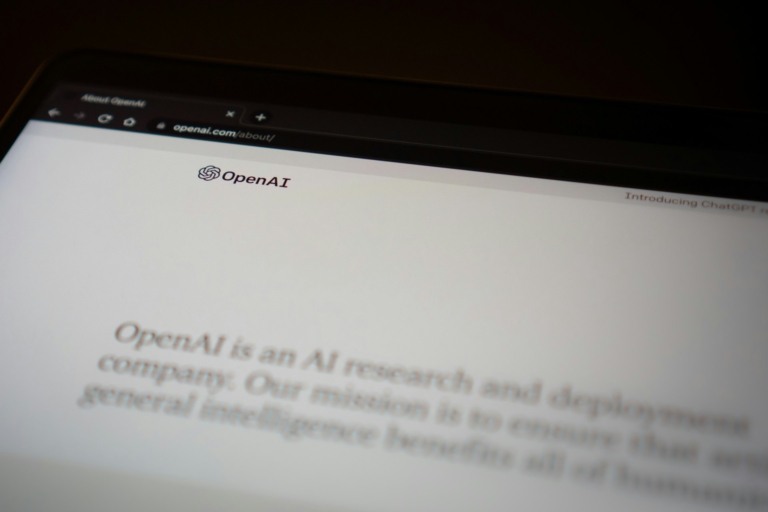“There will come a point where no job is needed,” Elon Musk once said.
In a not-so-distant future, artificial intelligence revolutionised work, a reality where human labour became obsolete, as machines took over tasks that were once performed by people.
Today, Artificial Intelligence is transforming every sector, from healthcare and cybersecurity, to autonomous vehicles and daily apps, AI is now the bedrock of progress and innovation.
AI is also expanding swiftly in manufacturing industries as a result of the widespread adoption of digital transformation by businesses. AI implementations in manufacturing streamlined production, ensuring all necessities were met without human intervention.
So what exactly is AI in manufacturing?
To put it simply, AI in manufacturing helps automate intricate tasks and identify patterns, thereby improving data analysis and decision-making, by utilising Deep Learning (DL), and Machine Learning (ML).
Companies are transitioning into data-centric organisations as they become more dependent on data-driven transactions. The applications of AI are capable of achieving remarkable efficiency, customisation, and productivity as a result of the enormous amounts of data generated by industrial IoT devices and smart sensors. This incorporation of AI in manufacturing is also a component of the Fourth Industrial Revolution (Industry 4.0).
Here are a few examples of big companies implementing AI in manufacturing:
BMW: BMW, an automobile manufacturer, is employing artificial intelligence (AI) in its manufacturing processes to enhance quality control, optimise production processes, and much more. Automated image recognition is one of the implementations; it compares production deviations to a database of hundreds of other images in real-time and corrects them before problems escalate.
Amazon: As the world’s leading manufacturer of industrial robotics, Amazon is using computer vision, machine learning, and artificial intelligence (AI) to create cutting-edge solutions that enhance the safety of its operations. Their well-known AI-powered arm aims to eradicate repetitive tasks and drastically reduce workplace hazards by facilitating collaboration between humans and robots for optimal results. Additionally, it can also assist in identifying inventory and streamlining the delivery process.
Airbus x Accenture: In a collaboration with Accenture, Airbus used AI-aided computer vision to identify manufacturing flaws in the aircraft’s final assembly. It can also recognise when tasks have been completed through motion, annotating images, and video feeds to inspect the proper installation of large aeroplane parts. This innovative transformation helps streamline production and improve quality control. operations efficiently.
The future of manufacturing lies in AI
As we look to the future, the evolution of artificial intelligence will undoubtedly play a pivotal role in transforming the manufacturing value chain. By harnessing the capabilities of AI, industries can expect to see significant improvements in efficiency, productivity, and innovation.
Ultimately, as AI matures, it will not only streamline operations but also foster a new era of creativity and problem-solving in the manufacturing sector, paving the way for sustainable growth.

